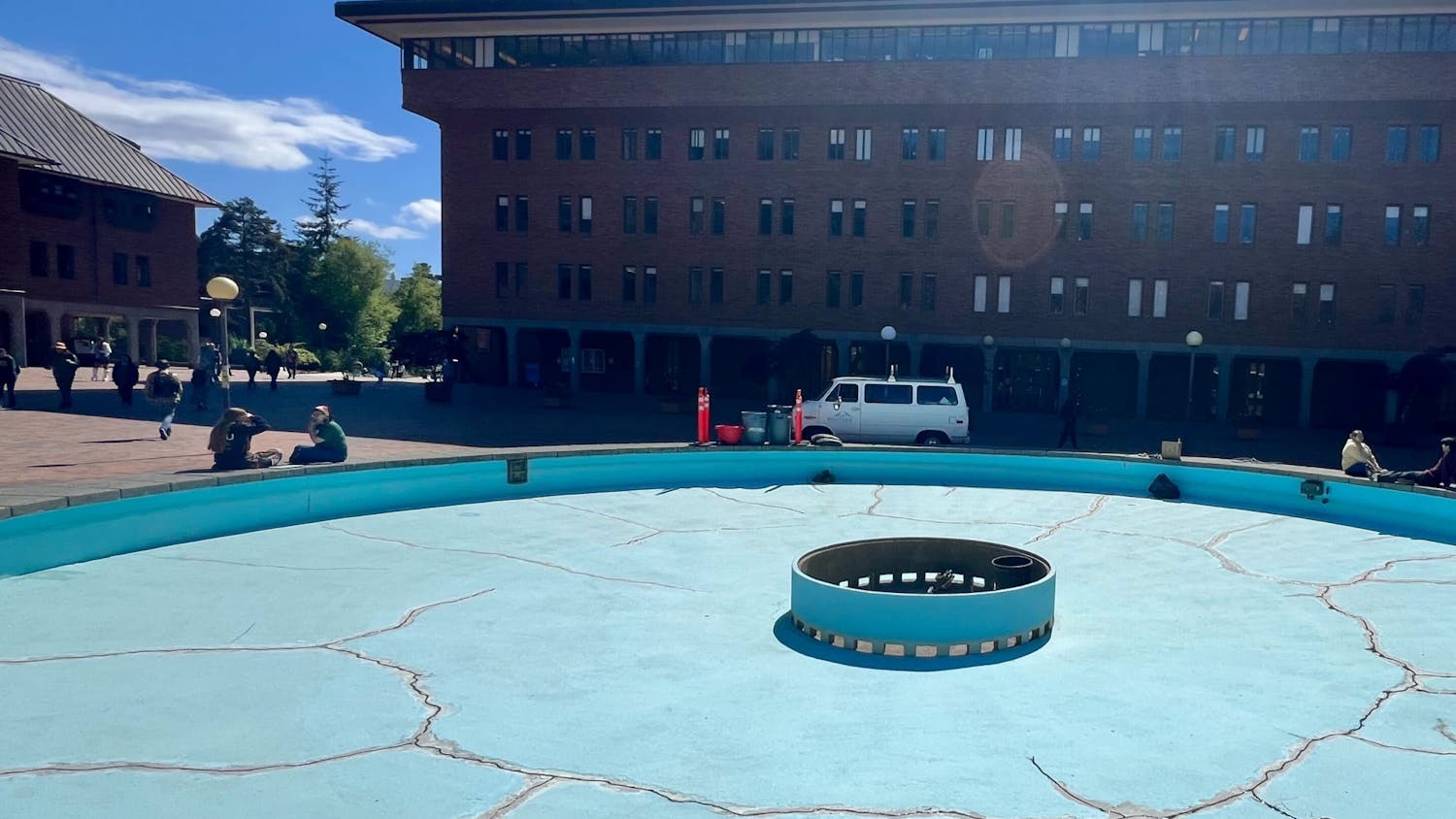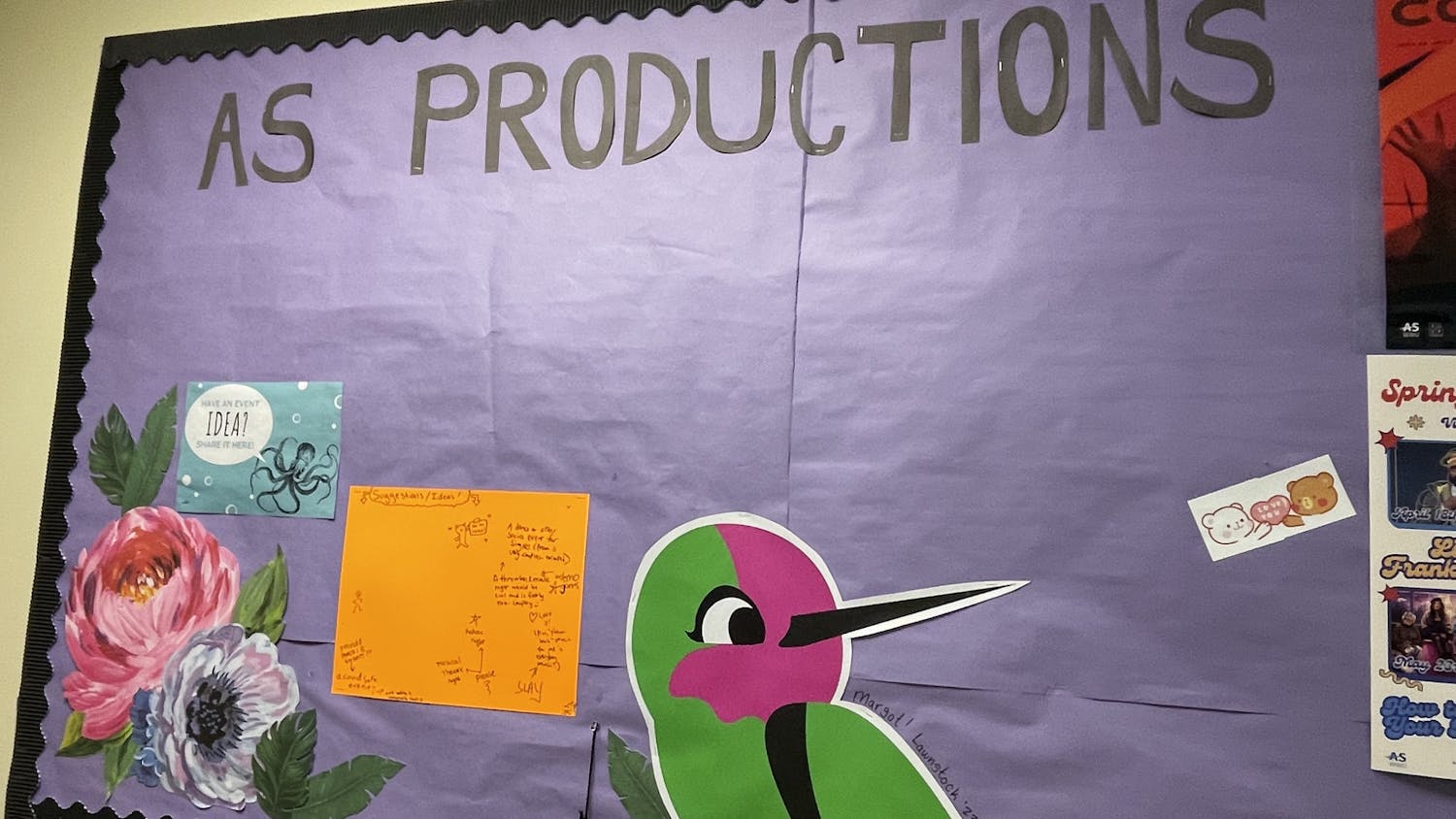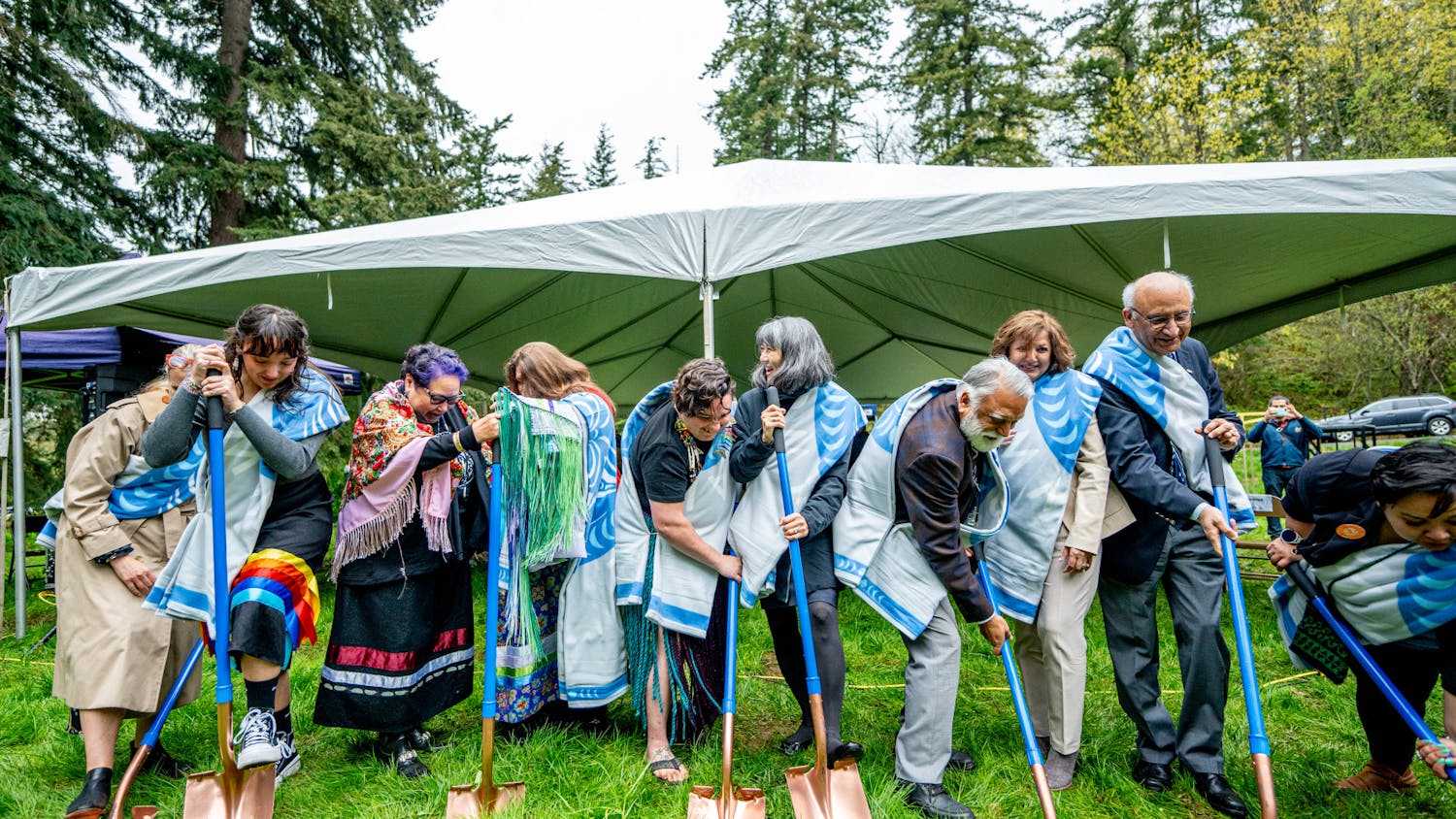Professor Akanksha Bedi’s research survey examines student and faculty experiences with online learning and best practices

By Henrik Butz
The swift transition from in-person to online classes has created a learning curve for both students and faculty. Akanksha Bedi, assistant professor of Business and Economics at Western Washington University, has gathered information about the effects of this transition.
As Western approaches its fourth remote quarter, Bedi seeks answers to questions like: How has online learning affected student and faculty experiences, and how can the experience be improved? .
Bedi aimed to answer these questions through online survey research directed at Western students and faculty.

Bedi’s research was conducted from Jan 22 - Feb 2 and was funded by a $1,000 dollar grant from the university.
Bedi’s survey used Likert scale and short answer questions. The survey asked students questions about their level of satisfaction with online learning, what they would like to see implemented in an online learning environment and what advice they had for faculty.
The results will be used to develop practices that improve online learning for students and faculty, Bedi said. So far, she said there has been a consensus among respondents about best practices.
“They're [student and faculty] saying ... when we teach online, we need to communicate, we need to have a lot of variety, you know, in terms of the strategies that we use — use discussions, use chats, use breakout rooms,” Bedi said.
Cameron Evans, a third-year student, said online learning needs to be reworked because students are rarely engaged in asynchronous classes.
Professors who are teaching synchronous classes are using the same methods they would in an in-person classroom, which isn’t effective in an online environment, Evans said.
“I think that there just needs to be some sort of campus-wide changes like that, that give the professors at least a foothold in this strange environment for them because a lot of the professors are floundering,” Evans said.
Caitlyn Croppi, a second-year student, shared a similar experience.
“I don't feel like I'm learning, like, at all, I just feel like I am completing tasks and working for a good grade,” Croppi said.
Croppi’s college experience has been entirely online, and she said she feels she’s missing out on the social engagement and connections, which makes it hard to stay motivated in a strictly online environment.
“You listen, you take notes, you do the assignment and you don't think about that class ever again,” Croppi said.
Michael J. Stebleton, associate professor of higher education at the University of Minnesota, said motivation and mental health have taken a big hit during the pandemic.
“There's been a lack of motivation, right, you know, kind of questioning of like, is this really worth it? And do I really have the energy and bandwidth to really take this on?” Stebleton said.
Croppi and Evans echoed each other’s thoughts on classes: the most successful online classes had a sense of community among students and encouraged students to interact.
“The classes that I've noticed the least change in, and I haven't felt discouraged in, are the ones where there's still a sense of community between the students, and so I wonder if there's anything that the professors could do to inspire that,” Evans said.
Stebleton said one of the first steps in supporting students with online learning is to build a community — students still want to feel connected to each other and faculty.
“I think it’s probably more important than ever before to try and develop some semblance of a community online with students,” Stebleton said.





